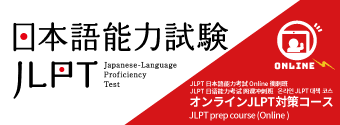10 Key Points to Avoid Failure! What to Watch Out for When Choosing a Japanese Language School in Tokyo
Category: Information
Hello!
Today, Masuda from Kudan Japanese Culture Institute will introduce “Important Points When Choosing a Japanese Language School in Tokyo!”
There are truly so many Japanese language schools in Tokyo, but in fact, each school is very different! For those who think, “Aren’t they all the same?”—actually, that idea can be risky!
I’ve had many opportunities to talk with foreign learners over the years, and not a few have regretted their choice of school. Every time I hear people say, “If only I’d known earlier…”, I felt compelled to share accurate information.
So today, I’m going to thoroughly introduce 10 key points you absolutely must keep in mind! I hope this helps you find your ideal school, even just a little! (*The contents described are current as of June 2025 and may change.)
1. Check the nationality balance of learners
The first thing you should check is what countries the students come from. This is actually a really important point!
At some schools, students from certain countries or regions make up the majority. For example, 80% Chinese, 70% Korean, etc. However, since you’re studying in an international environment, that’s a missed opportunity.
What I recommend is a school where learners gather from all over the world—Europe, Africa, South America, Southeast Asia, East Asia, and more. The benefits of learning together with people from various countries are immeasurable.
Of course, you’ll study Japanese, but you can also experience a variety of cultural backgrounds and learn different viewpoints and ways of thinking. Plus, you’ll develop international communication skills and learn in an environment that respects individuality, making it easier to speak up without fear of mistakes.
When you visit the school, be sure to ask, “What nationalities are currently enrolled?” or “What is the nationality composition of each class?” The older the school, the more international networks it has built over the years, often providing a more diverse learning environment.

2. Make sure the curriculum teaches practical Japanese
Next, it’s important to know what kind of Japanese is being taught. The key to success is being able to learn Japanese that can be used in real life—not just textbook Japanese.
Many schools focus heavily on grammar, but that alone can lead to trouble when actually speaking with Japanese people. What matters is learning practical Japanese you can use in real situations.
Good schools, for example, offer not just correct textbook Japanese lessons, but also everyday expressions, business honorifics, polite speech, and opportunities to interact with local people. There are also chances to learn alive, modern Japanese, including youth slang and popular expressions.
Especially look for variety in course types. Schools offering comprehensive courses for balancing all four skills, conversation-focused classes, practical beginner courses, and courses that combine language and culture provide the most flexibility to match your goals.
For those aiming to work in Japan, check whether you can learn Japanese for the workplace: job interviews, conversations with colleagues, reporting to supervisors, and practical skills for employment.
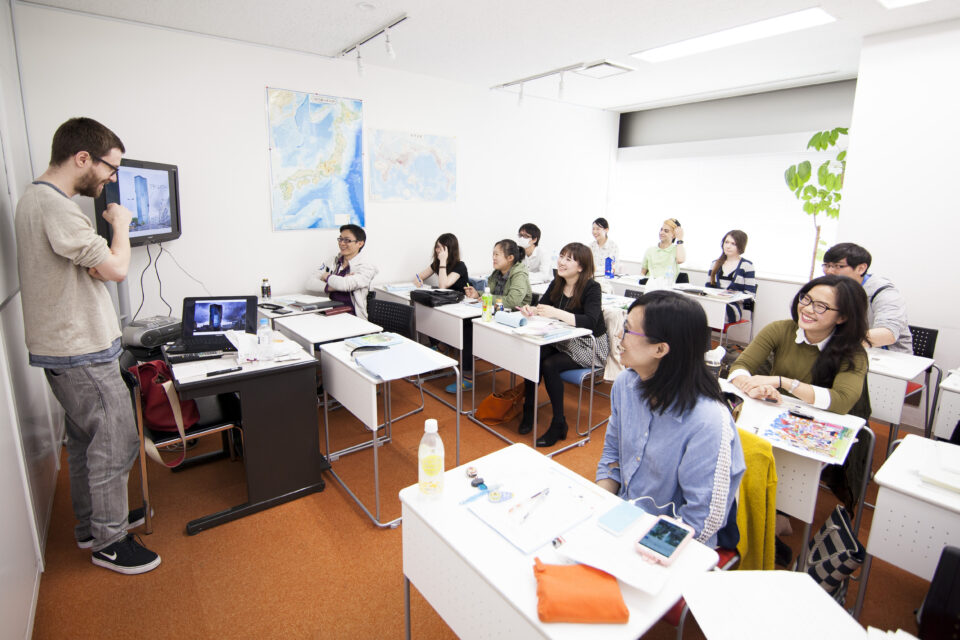
3. Presence of programs to experience Japanese culture
Learning Japanese alongside Japanese culture greatly enhances learning effectiveness! Understanding the culture helps grasp the ideas and feelings behind the language.
At Kudan Japanese Culture Institute, the tea ceremony experience is especially recommended and popular. You’ll learn beautiful honorifics, polite expressions, the spirit of “hospitality,” delicate seasonal expressions, proper behavior, and language.
Other experiences include sushi-making, kintsugi, calligraphy, flower arrangement, participation in local festivals, events with Japanese students, company visits, workplace experiences, and seasonal events—valuable lessons you can’t get from textbooks.
Schools with specialized cultural programs do more than just offer experiences; they teach the history and spirit of cultures in Japanese. Some schools cover everything from manga and modern culture to traditional arts, letting you choose based on your interests.
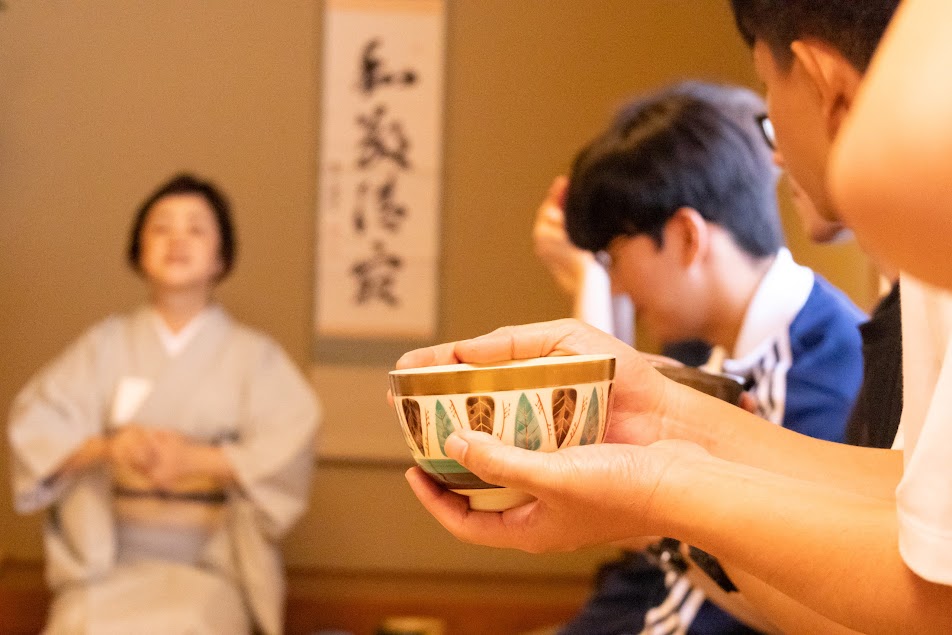
4. Check staff multilingual support capabilities
Especially in the early stages of learning Japanese, having support in your native language is reassuring. For complex procedures or detailed explanations, it’s recommended to choose a school with staff who can handle multiple languages like English, Korean, or Chinese.
Support for many languages means the school has experience accepting students from many countries.
Advice from staff who understand different languages can dramatically improve your Japanese learning efficiency.
5. Comprehensive support system for daily life
Equally important is whether the school provides support for life in Japan alongside learning Japanese. For those staying long-term, this support system can be decisive in choosing a school.
First is residence support. Schools offering a variety of living options—guest houses, share houses, apartments—provide peace of mind.
Part-time job support is important for working in Japan. Schools that introduce jobs matching your study schedule, help with interviews and resumes, review work conditions and contracts, and offer advice channels for problems, enable safe part-time employment.
For health insurance and medical matters, support with joining the national insurance, using hospitals, explaining treatment processes, paying medical bills, handling emergencies, and introducing reliable medical facilities is reassuring.
Other important help: explanations of residential tax systems and payment methods, support with tax returns, basics of pension systems, guidance on deductions, help with city hall paperwork—choose a school that supports these various procedures needed for life in Japan.
6. Robust further education and job-hunting support programs
Recently, more learners aim to find jobs in Japan, making school job-placement support a crucial point.
For job seekers, practical business Japanese education matters. Look for courses covering correct honorific usage, business email writing and etiquette, basic phone handling, business expressions, meeting participation, and creating business documents.
Ask what specific job-hunting support is offered! Examples include explanations of Japanese job-hunting flow and features, effective resume and CV preparation, interview practice and feedback, company research methods, tips for gathering information, job offer information, and company introductions.
Schools offering corporate programs often have strong business ties. Schools that offer gentle Japanese for reception, business Japanese training for foreign employees, and university/college student job-support modules can provide especially hands-on career assistance.
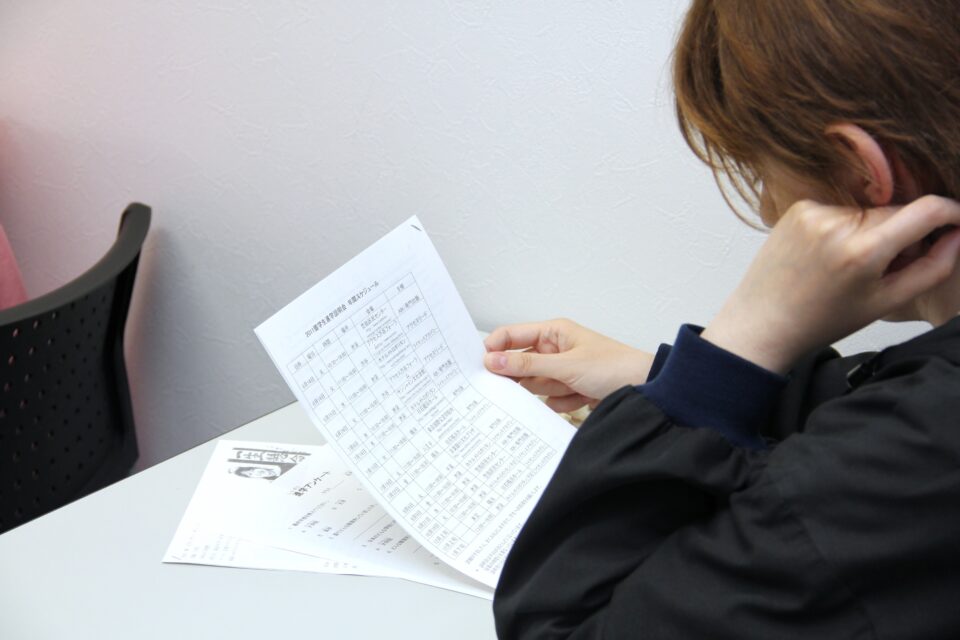
7. Facilities, equipment, and study environment
A comfortable study environment is also a key point for schools you attend daily. Good facilities vastly improve learning efficiency.
For classrooms, check for cleanliness, brightness, AV equipment, air conditioning, suitable desks and chairs, good Wi-Fi, and spaces for cultural experiences. Schools with cultural activity spaces enable deeper, hands-on cultural understanding not possible through textbook study alone. When visiting, observe how students actually use the facilities—do they look comfortable? Can they make full use of the equipment? Are events and interactions frequent?
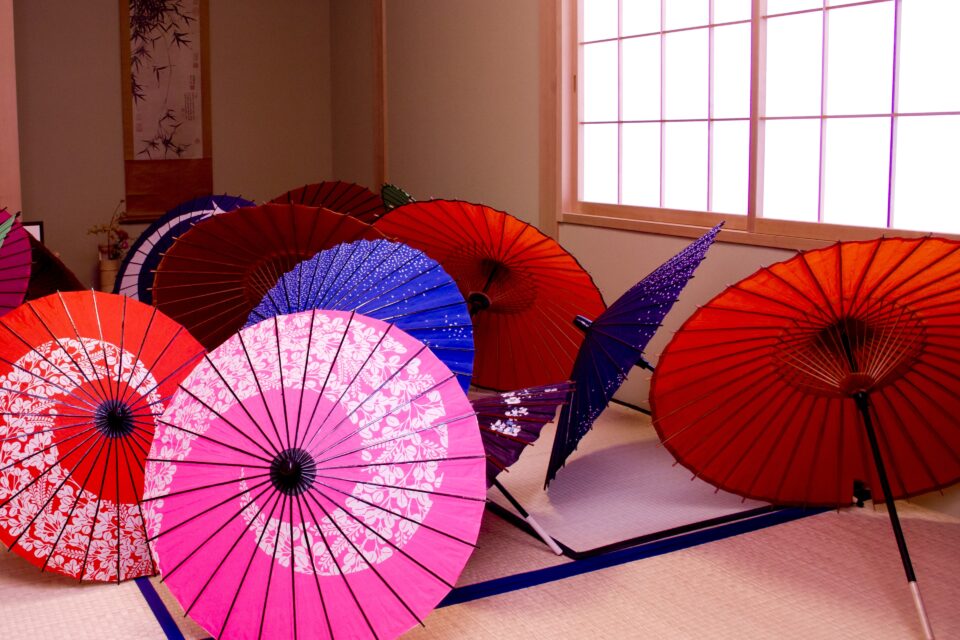
8. Location and ease of access
Considering daily commuting, location and access are more important than expected. Tokyo’s transport networks are complex—so check carefully in advance.
Ideally, the school should be in central Tokyo, close to stations with multiple train lines.
Surroundings also matter: proximity to convenience stores, bank ATMs, libraries, cafes, grocery stores, hospitals, pharmacies, and being in a safe, secure neighborhood. Most schools in central Tokyo meet these conditions.
Cost of living also deserves attention: reasonable rent, low commuting expenses, affordable goods, and access to part-time jobs should be balanced for an informed choice.
When visiting, try walking your commuting route—the impression on foot can be completely different from what you see on a map!
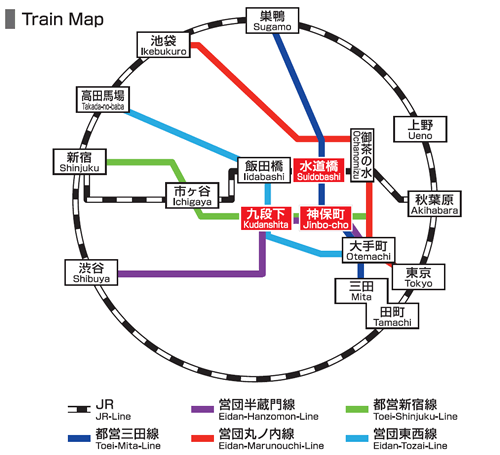
9. Diversity and flexibility of courses
Check whether the school offers courses that fit your goals and study pace. Schools meeting diverse needs are more effective than those with only standardized programs.
At Kudan Japanese Culture Institute, for example, those wanting to study long-term should try the comprehensive Japanese course. It provides a balanced and systematic acquisition of the four skills—reading, writing, speaking, and listening—and prepares you for the JLPT and EJU exams. Detailed level divisions, weekly kanji classes, and more contribute to a fulfilling study experience.
For those wanting to focus on conversation, Japanese conversation courses are highly recommended! Comprehensive training for conversation scenarios, vocabulary, grammar, listening, discussion, presentation, pronunciation correction, and speaking style are offered.
Beginners are advised to take practical beginner courses. Intensive short-term courses that include reading hiragana and katakana and helpful phrases and vocabulary for daily life make starting out efficient.
If you want short-term study or want to learn culture too, Japanese + Culture courses are recommended. Summer, winter, and spring holiday courses, as well as experiences like manga, sushi, tea ceremony, and kintsugi, allow for deeper study of Japanese culture.
Recently, online courses have become important too. Schools offering online introductions to Japanese, JLPT prep, job-hunting training, and business Japanese brush-up in various formats offer great flexibility.
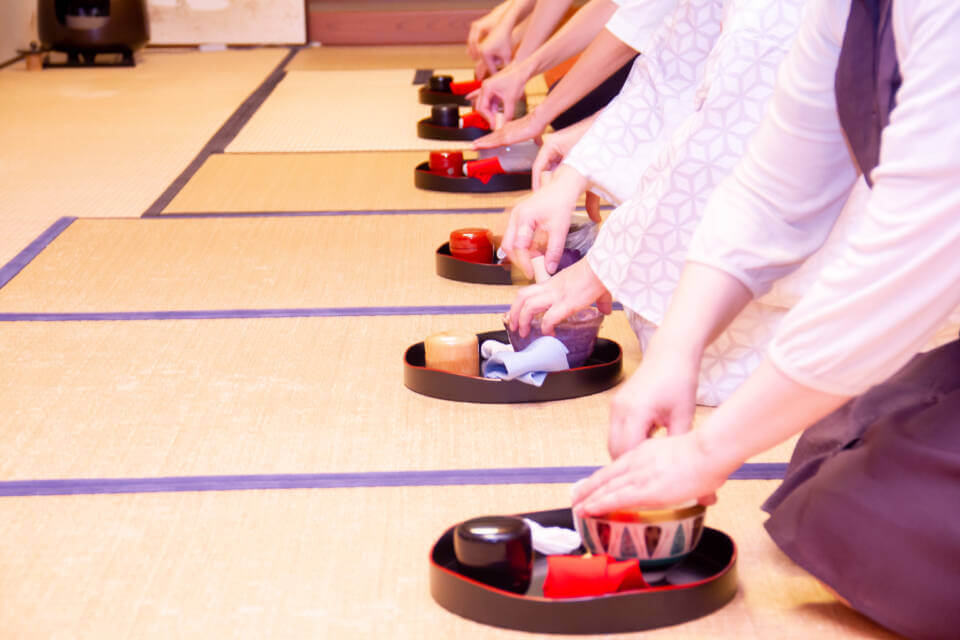
10. School history and achievements
Finally, make sure to check how long the school has been established and its achievement history!
It’s best to select a Japanese language school that’s been trusted by many students over the years.
Such schools have accumulated years of experience and know-how. Continuing operation for a long time also means they have earned lasting trust.
Also confirm advancement results: specific job placement rates, industries and scales of companies graduates joined, percentage of full-time jobs, Japanese company employment results, rates of progression to universities and vocational schools, and the level of those institutions.
Graduate success is also an important benchmark. Schools whose alumni run their own businesses, have succeeded after returning home, gained permanent residency in Japan, or work at international organizations are proof of high educational quality.
When visiting, if possible, ask for chances to speak with current or former students—their real experiences will be very useful. Consider online reviews and ratings as well for a comprehensive decision.
Summary: Find the best Japanese language school for you
How was that? Here are 10 important points when choosing a Japanese language school in Tokyo.
The most important thing in choosing a school is “actually visiting and seeing for yourself.” The atmosphere, quality of teachers, and the mood of current students are things you can only feel in person—not in pamphlets or websites.
Ask plenty of questions without hesitation. Good schools will always answer sincerely. The more established the school, the more precise advice you’ll get thanks to their experience.
Especially important points: whether you can study in a multinational environment, receive practical Japanese education, experience culture, get multilingual support, enjoy thorough daily life support, receive higher education and employment assistance, and check location and achievements.
Please use this blog as a reference to choose the school that best fits your goals and hopes!
If you have any trouble, feel free to consult us anytime. Wishing you success in your Japanese language studies!
More from my site
タグ: English
2025年9月20日 土曜日 4:49 PM Category: Information.















